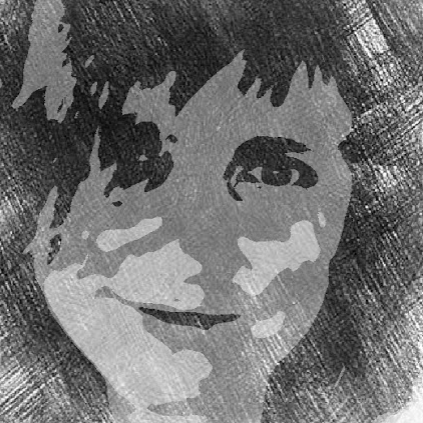
It’s not something that you’d expect … The Dutch city of Leeuwarden is one of the twelve nominated European cities competing for the title of ‘EU Capital of Innovation.’ And why is that, when this city doesn’t even have a university within its city walls?
Well, there is the Water Campus. That’s where start-ups and established companies are experimenting with technology to sanitize water, among other things. In addition, there is also cooperation with the Hydraloop company that makes e.g. water treatment plants for residential complexes. They purify washing machine water or bath water for reuse, among other things. This relieves the sewerage system and conserves water.
Campus with dairy cattle
There is a Dairy Campus: a test area with six dairy farms that, in collaboration with the Dutch Wageningen University, are doing research into water purification, cattle feed, and turning cow pats into energy such as biogas. There is also an Energy Campus that is experimenting with new, sustainable forms of energy in collaboration with the Dairy Campus.
From this perspective, therefore, Leeuwarden really has everything it needs to become the European capital of innovation, without even being noticed. And that is precisely the great thing about this competition. Which, unlike the Eurovision Song Contest, for example, is not widely known amongst average European citizens.
And that is a real shame. Because this election gives residents of large cities – only cities with 100,000 inhabitants or more can take part – an interesting insight into the way they function.
Viennese children tell it like it is
As an example, in their bid Vienna (the Austrian capital) presents its consultation of more than 20,000 children and young locals who were asked how they would like to see Vienna in the future. City hall and the municipal council set out policies to make this possible. At least this is what the promotional video tells us.
Or take Reykjavik, the capital of Iceland. The officials who had nominated this city say that they excel in terms of social innovation, data-driven policy-making, and the participation of their residents in all of this. It’s all about technology that serves to make local society more democratic.
Do you ever hear anything about this kind of thing in your own municipality? Do you think it could be more innovative and democratic too? Then the Innovation Capital of the Year elections is a good opportunity to discuss this issue with your local council.
In addition to Leeuwarden, Vienna, and Reykjavik (Iceland), Valencia (Spain), Espoo (Finland), Helsingborg (Sweden), ClujNapoca (Romania and the largest city in Count Dracula’s province, Transylvania), Leuven and Ghent (both in Belgium), Milan (Italy), Groningen (the Netherlands) and Linz (Austria) have all been nominated.
Unfortunately, Latvia is not eligible to take part. Not ever.
It is not clear which of these cities has the best chance. All of the cities made a one-minute video explaining what makes them innovative. But not every city uses that minute as well as it could. Groningen, for example, has someone saying that the city is extremely green. This person walks through the city, pauses near a plant … which is green. Walks to a parked bicycle … which is green transport. But is that innovative? Hmmm … no.
Whereas Groningen is building a test facility for the ultra-fast Hyperloop floating metro, for one thing. At the moment, this is the most innovative means of transport in the European Union, (and the EU is also investing money in it.) So, it remains to be seen how the jury will judge these urban entries. Which, of course, feature much more than can be seen on a single short video.
Vienna is already taking part for the third time. Cities that do not win this time will be able to participate again next year. What seems quite unfair is that smaller countries like the Baltic States only have a few cities with a population of 100,000 or more. Estonia, for example, has just one: the capital Tallinn. And Latvia does not have any! That country will likely never be able to take part.
Which city will win €1 million?
Six cities will be announced as finalists this month. They will each be awarded €100,000 and the European Commission will also announce winners. The final winner will receive €1 million. Which city this will be, will be announced during the Research & Innovation Day on 24 September.

